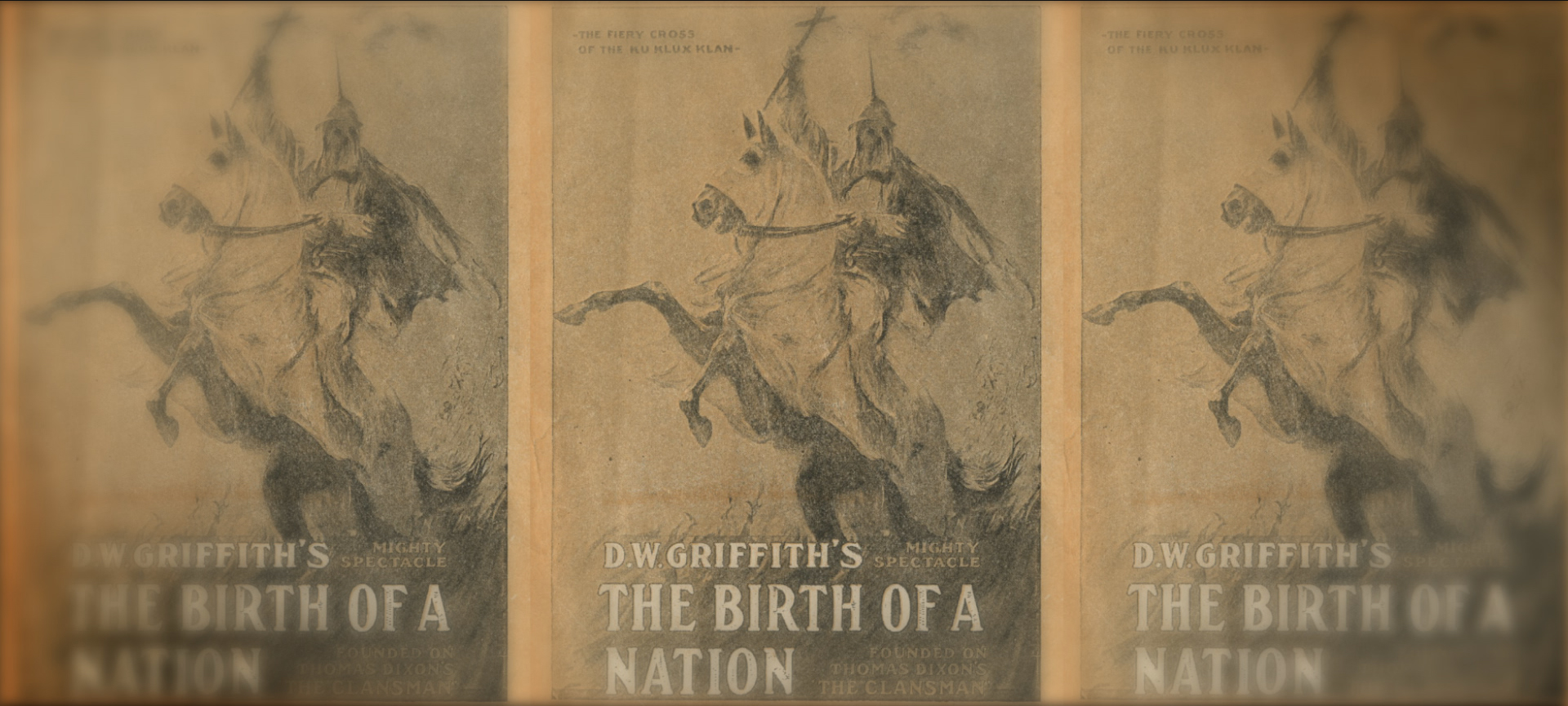Filmmaker’s Statment
Over 100 years after The Birth of a Nation took America by storm, and black leaders led by activist William Monroe Trotter protested the film, we still find ourselves embroiled in a battle to assert African Americans’ rightful place in this nation. In the wake of the “Oscar’s so white” controversy, the rise of the Black Lives Matter movement, removal of confederate statues and social and political turmoil that threatens the balance of our political system, Birth of a Movement: The Battle Against America’s First Blockbuster, connects the threads between D.W. Griffith’s epic film and Hollywood’s legacy of misrepresentation and promotion of divisive racial stereotypes.
Originally titled The Clansman, D.W. Griffith’s masterpiece was released as the country was marking the Civil War’s 50th Anniversary. It was lauded as a sensational retelling of Reconstruction that elevated the KKK to hero status – righteous vigilantes needed to restore America to greatness. Griffith’s epic drama was shown in the White House and described by President Woodrow Wilson afterwards, as “…writing history with lightening, and my only regret is that it is all so terribly true.”
The Birth of a Nation transformed Hollywood as it became the first huge money making blockbuster, establishing racial stereotyping as a bankable trope. Griffith’s 3 ½ hour silent film extravaganza, accompanied by a 140 piece orchestra, pioneered many of the techniques that have made motion pictures America’s most celebrated- sometimes most controversial - cultural export. BOAM: The Battle Against America’s First Blockbuster, provides a needed understanding of that racial history and an unblinking lens with which to view it.
African Americans did not sit back and accept their racist villainization, they fought a pitched battle that culminated in the streets of Boston and laid the foundation stone of the civil rights movement to come. Birth of a Movement focuses on the little-known battle waged against The Birth of a Nation by an early radical civil rights activist named William Monroe Trotter.
William Monroe Trotter, a Phi Beta Kapa graduate of Harvard University and the first African American student to receive that honor, saw the film for what it was: a flagrantly racist glorification of the Ku Klux Klan, and a very dangerous, powerful new form of propaganda that would lead to the lynching of his people. Together with W.E.B Du Bois, Trotter founded the Niagara Movement, a national network of black activists who demanded full equality for African Americans. Their movement would grow into the National Association for the Advancement of Colored People, or NAACP, and would support Trotter in his fight to ban the film. Ironically, it was Trotter, who called for censorship of The Birth of a Nation to control “hate speech”, while D.W. Griffith, the film’s director and father of Hollywood, advocated for freedom of artistic expression.
This story resonates a century after The Birth of a Nation was first premiered and provokes a larger conversation about what has and has not changed in Hollywood’s portrayal of African Americans. It addresses contemporary issues that have divided America’s population, revealing how history has been interpreted, how ideas have been promulgated and how we are still enduring the consequences. Through interviews with Featuring Vincent Brown (Harvard), Charles Musser (Yale), David Blight (Yale), Dolita Cathcart (Wheaton College), Robert Bellinger (Suffolk University), Jelani Cobb (Columbia University), Henry Louis Gates Jr. (Harvard), Charlene Regester (University of North Carolina), Dick Lehr (Author Birth of a Movement), Spike Lee, Reginald Hudlin, and D.J. Spooky, we learn firsthand how Birth of a Nation has inspired generations of filmmakers and artists as they try and reconstruct the image of African Americans in Hollywood and repair the damage caused by DW Griffith’s epic film.

